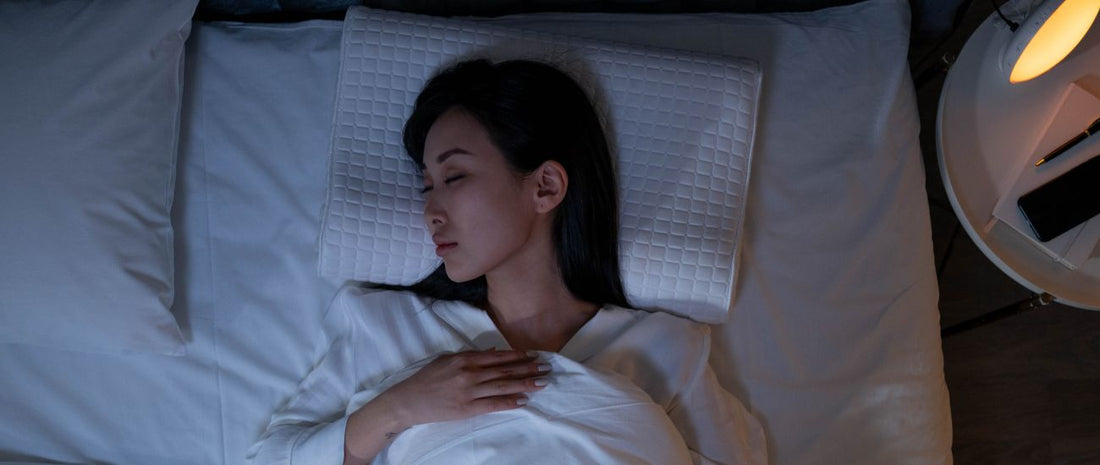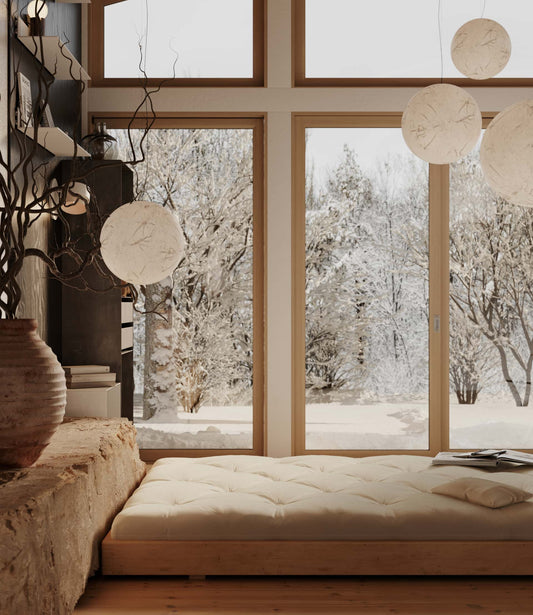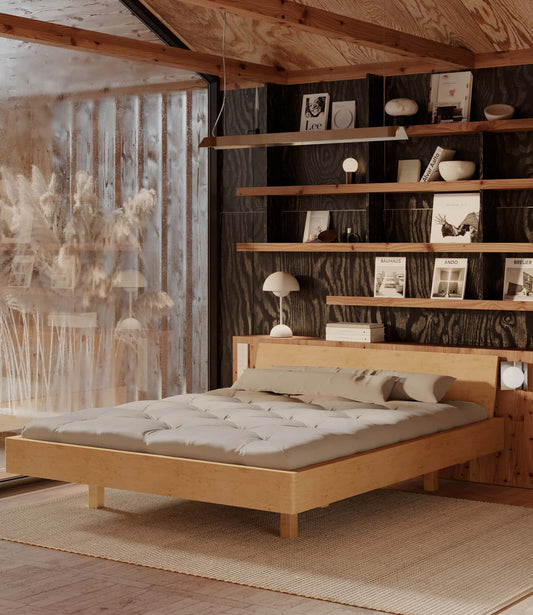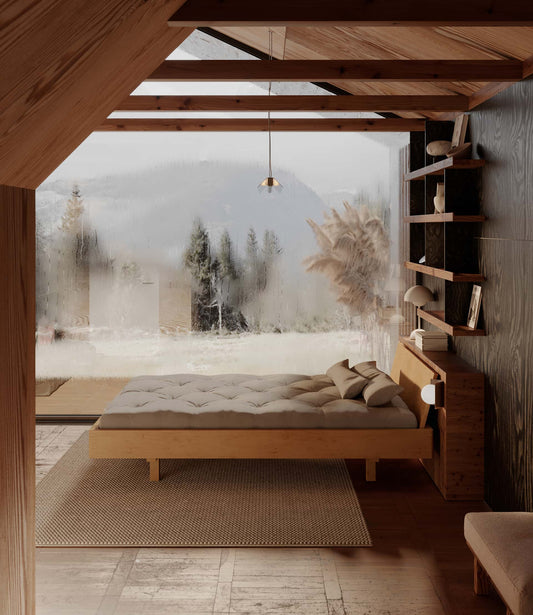Have you ever wondered why a dark room feels so inviting when it's time to sleep? Research on sleep and exposure to darkness continues to provide insights into the importance of darkness for healthy sleep. Here are some key findings and concepts based on existing research up to this point:
Melatonin Production: The Sleep Hormone
Darkness plays a crucial role in the production of melatonin, a hormone that regulates sleep-wake cycles. Melatonin is typically produced in higher quantities in the absence of light, especially during the evening and nighttime.
Exposure to light, particularly blue light from electronic devices, can suppress melatonin production and interfere with the circadian rhythm. This is why experts recommend avoiding screens before bed and creating a dark sleep environment to promote melatonin production.
Circadian Rhythm Regulation: Your Internal Clock
Exposure to darkness helps regulate the circadian rhythm, the body's internal clock that influences the sleep-wake cycle. The circadian rhythm is responsible for signaling when it's time to sleep and wake up.
When exposed to natural darkness, the body's circadian rhythm aligns with the natural day-night cycle. This synchronization promotes better sleep quality and overall well-being. However, excessive exposure to artificial light, especially during the evening and nighttime, can disrupt the circadian rhythm and lead to sleep disturbances.
The Impact of Blue Light
One particular type of light that can significantly affect sleep is blue light. Blue light is emitted by electronic devices such as smartphones, tablets, and computers. It has a short wavelength and a high amount of energy, making it particularly disruptive to sleep.
Exposure to blue light in the evening can suppress melatonin production, tricking the body into thinking it's still daytime. This can lead to difficulty falling asleep and disrupted sleep patterns. To minimize the impact of blue light, it's advisable to limit screen time before bed and consider using blue light filters or glasses that block blue light.
The Importance of Creating a Dark Sleep Environment
Understanding the role of darkness in promoting healthy sleep highlights the importance of creating a dark sleep environment. Here are some tips to help you optimize your sleep environment:
1. Invest in blackout curtains or blinds:
These can effectively block out external light sources, creating a darker sleep environment.
2. Turn off electronic devices:
Avoid using electronic devices at least an hour before bed to minimize exposure to blue light.
3. Use dim lights in the evening:
Opt for warm, dim lighting in the evening to signal to your body that it's time to wind down and prepare for sleep.
4. Keep your bedroom cool and quiet:
A cool and quiet environment can enhance sleep quality and promote a deeper, more restful sleep.
By embracing the power of darkness and making small changes to your sleep environment, you can optimize your sleep and wake up feeling refreshed and rejuvenated. Remember, a dark room isn't just a cozy retreat; it's a key ingredient for a good night's sleep.




